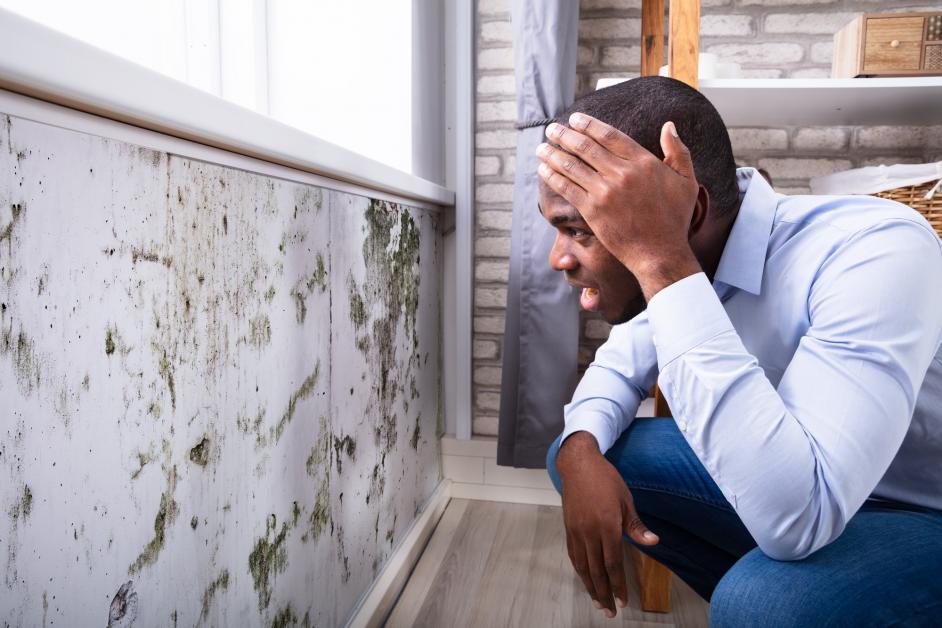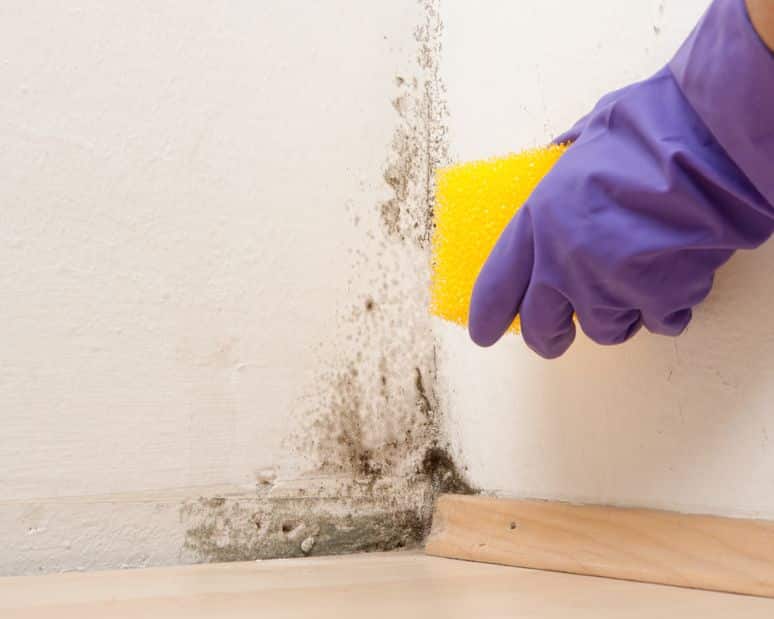Tips You Should Know Before You Buy a House
The single greatest purchase much of us will ever make is buying a house. Compared to the expense of a large repair bill or healthcare expense down the road the quantity of money for these evaluations is peanuts.

1. House Inspection
It is compulsory in the majority of states to have a home or mold inspection done. Do not anticipate a home inspector to provide you cost quote of any problems they might find. A separate contractor will offer you those costs. These are fundamental things a house inspector will have a look at the condition of.
a) Structure – basic building and construction of walls, roof, ceilings, floors, and foundation
b) Exterior – pathways, driveways, fences, landscaping
c) Plumbing – sinks, toilets, drain pipes, showers (does not consist of sewer/septic inspection).
d) Electrical – primary panel, breaker, grounding, light fixtures, and receptacles.
e) Appliances – dishwashing machine, fridge, stove, microwave, washer/dryer.
f) Central Systems – Heating/Air, water heater, duct, fireplace.
g) Garage – primary door, side entry door, firewall, lights, ceiling, roofing.
h) Roof & Attic – vents, roof construction, flashing & gutters (does not include assurance of life expectancy of roofing – you will need to employ a roofer for that).
2. Termite Inspection.
Termites trigger a great deal of damage to homes. They can make it through in all kinds of climates and have even been found in Alaska. A Termite Inspector will aesthetically inspect all available areas of the house for evidence of wood-destroying insects or organisms. When the inspection is total you will get a termite inspection report.

If you or among your family members has allergic reactions, a mold inspection is critical. Mold causes lots of health concerns. Mold makes it through in dry and damp climates and for millions of years. The mold inspector will utilize a range of strategies to gather samples. These samples will be reclaimed to a laboratory and grown for 5 to 7 days to look for toxicity. You will be sent a report with the outcomes.
4. Radon Inspection.
The US Surgeon General and the Environmental Protection Agency suggests all homes be evaluated for radon. What is radon? It is a natural odorless, colorless, and tasteless gas that is the 2nd leading reason for lung cancer in the United States. Discount Coupons for Radon Test Kits can be acquired from the National Safety Council for $15-$ 25 or from a local house supply shop. When you have finished the tests, you send them off for analysis free of charge. If you choose not to do this yourself you can hire an inspector.
5. Septic Inspection.
If the home you are purchasing has a personal septic system, work with a professional septic contractor to do the inspection. Home Inspectors as a rule will not do a septic inspection. To do a correct mold inspection the sewage-disposal tank ought to be pumped out. It is common to have the seller pay for the pump out and you spend for the inspection. If you buy the house, you will have the peace of mind that the tank is empty and has been examined.
Having these crucial examinations done will assure you. It might also save you from purchasing one of those “money pit” homes. Don’t attempt to ignore doing these evaluations. It isn’t worth the threat.




